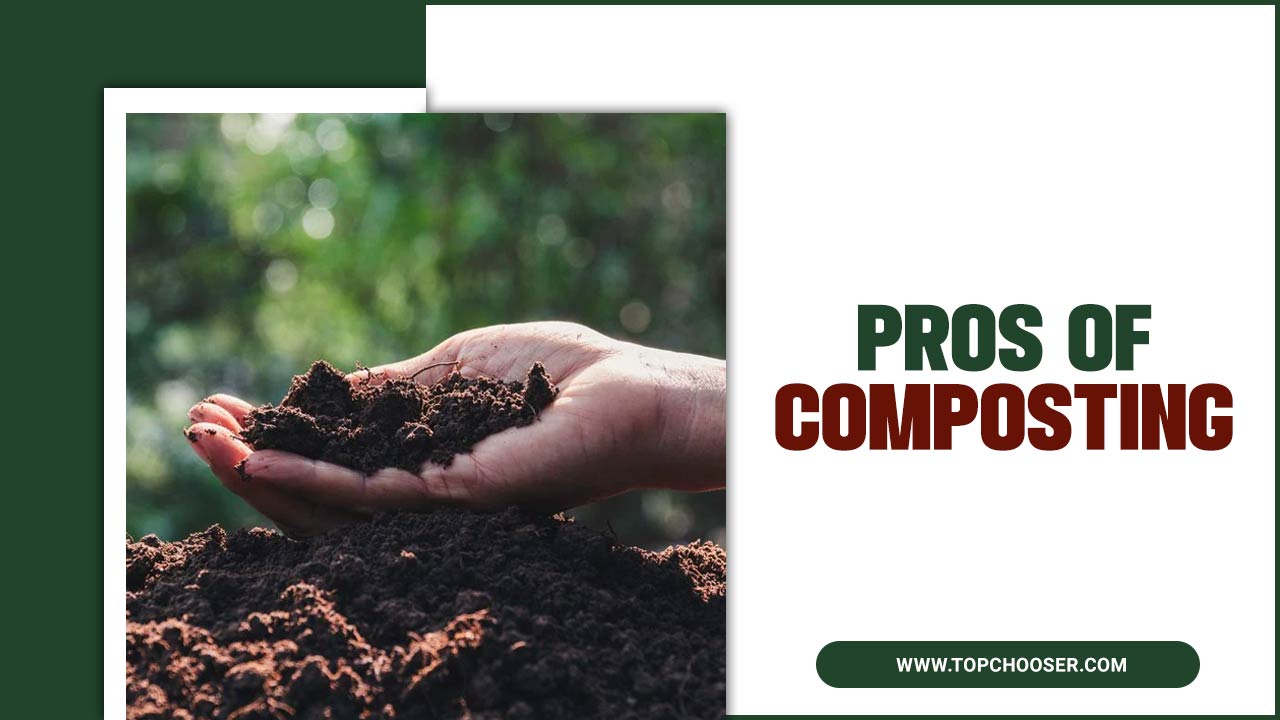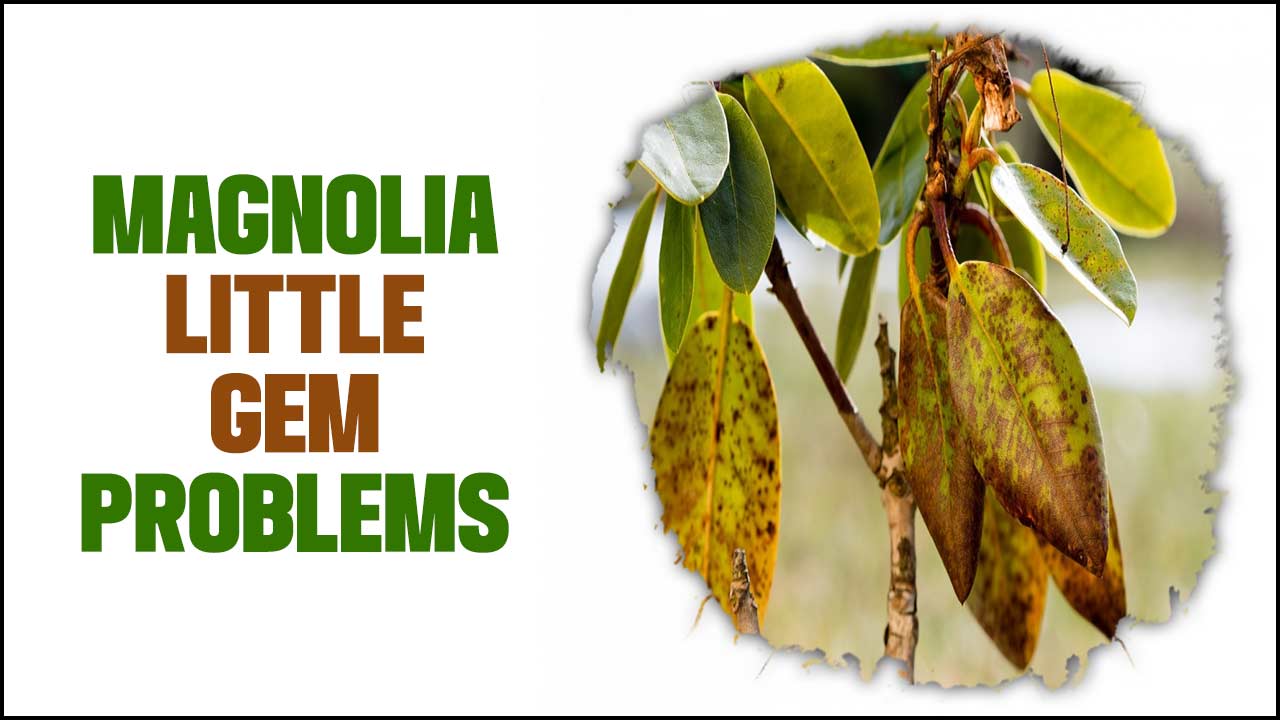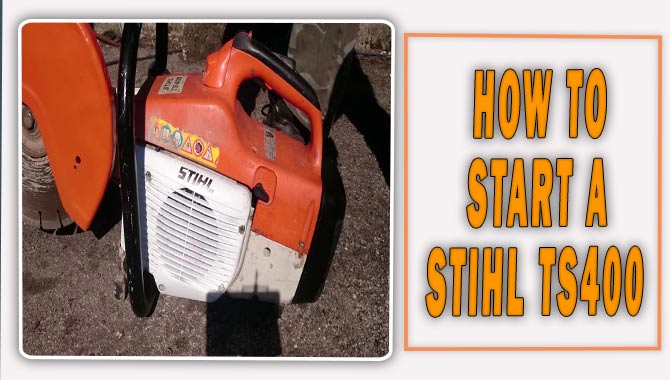Maintaining a healthy soil structure is crucial for any gardener, farmer or landscaper who desires a flourishing and bountiful garden. Soil is the foundation for plant growth and provides essential nutrients and support for healthy growth and development.
However, not all soil is created equal; sometimes, even the best soil needs a little boost. Adding compost is one of the most effective ways to improve soil quality. Compost results from decomposed organic matter, such as yard waste, food scraps, and leaves. It’s an excellent source of nutrients that can enhance soil quality and plant growth.
Adding compost to soil can improve soil fertility, structure, and water-holding capacity. Compost is an environmentally friendly and sustainable way to maintain soil health as it reduces waste and the need for chemical fertilizers. Here we will explore the easy processes of adding compost to soil.
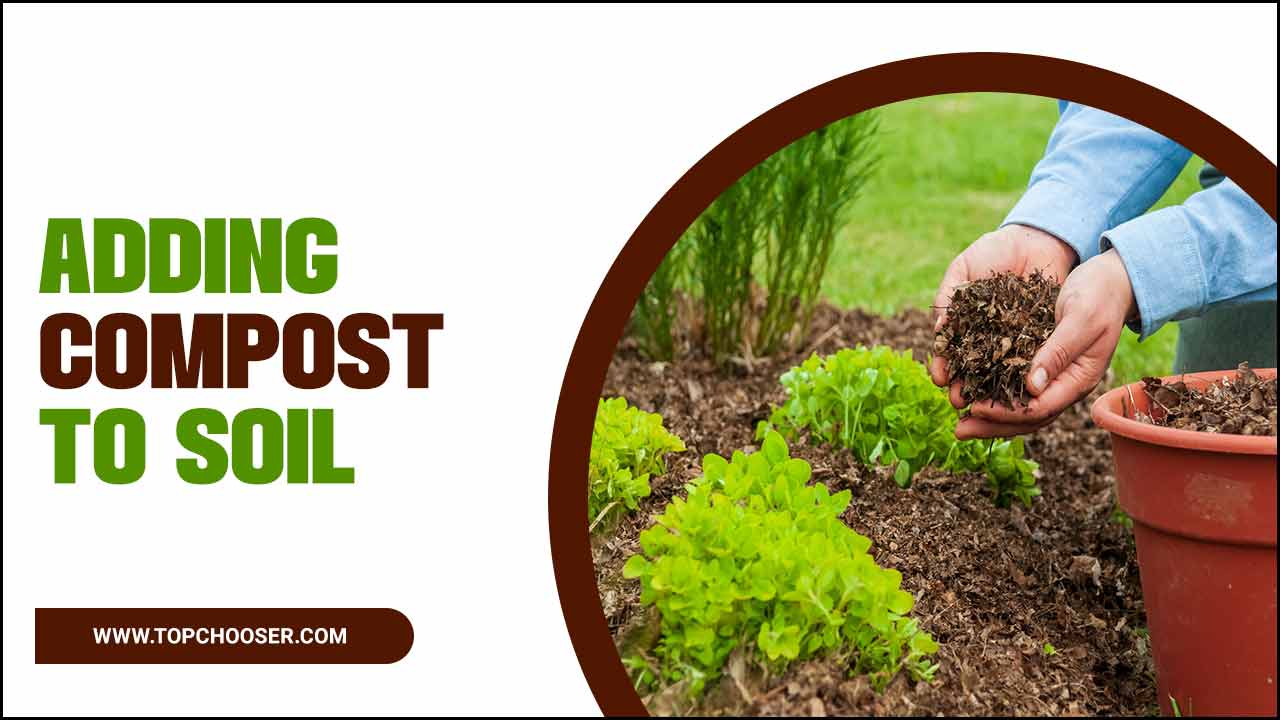
Easy Process Of Adding Compost To Soil Enhance Soil Quality
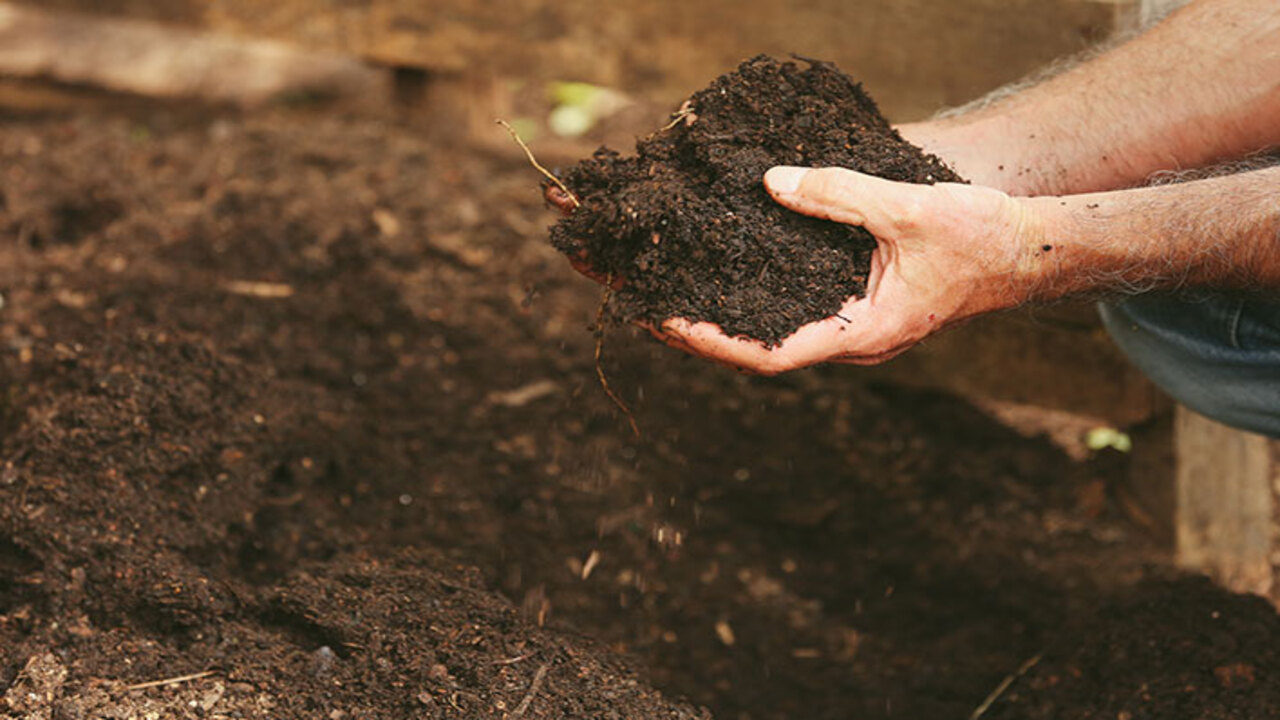
Adding compost to soil is highly beneficial for enhancing soil health and fertility. Compost is organic matter that decomposes to form a nutrient-rich, humus-filled material. Incorporating into the soil improves its structure, water retention, and aeration, promoting better plant root growth and nutrient uptake.
Additionally, compost fosters beneficial microbial activity, which aids in breaking down organic matter and releasing nutrients for plants to absorb. It also helps suppress soil-borne diseases and reduces the need for chemical fertilizers. Regularly adding- compost to soil fosters sustainable agriculture and contributes to environmental conservation by recycling organic waste, closing the nutrient loop.
Prepare The Compost
Preparing compost and adding it to the soil is an excellent way to enhance soil fertility and promote healthy plant growth. To begin, create a compost pile by combining organic waste materials such as kitchen scraps, yard clippings, and leaves. Ensure a balanced mix of green (nitrogen-rich) and brown (carbon-rich) materials for efficient decomposition. Regularly turn the compost to aerate it, which accelerates the breakdown process.
Once the compost is ready, it should be dark, crumbly, and have an earthy smell. Before adding it to the soil, remove any large, uncompressed items. Blend the mature compost into the existing soil to enrich its nutrient content, improve soil structure, and enhance moisture retention.
Compost also aids in beneficial microbial activity, suppressing diseases and reducing the need for chemical fertilizers. When using compost, consider the specific needs of your plants, as some may require additional amendments. Embrace composting as a sustainable practice that nourishes the soil and supports a thriving ecosystem.
Choose The Right Time
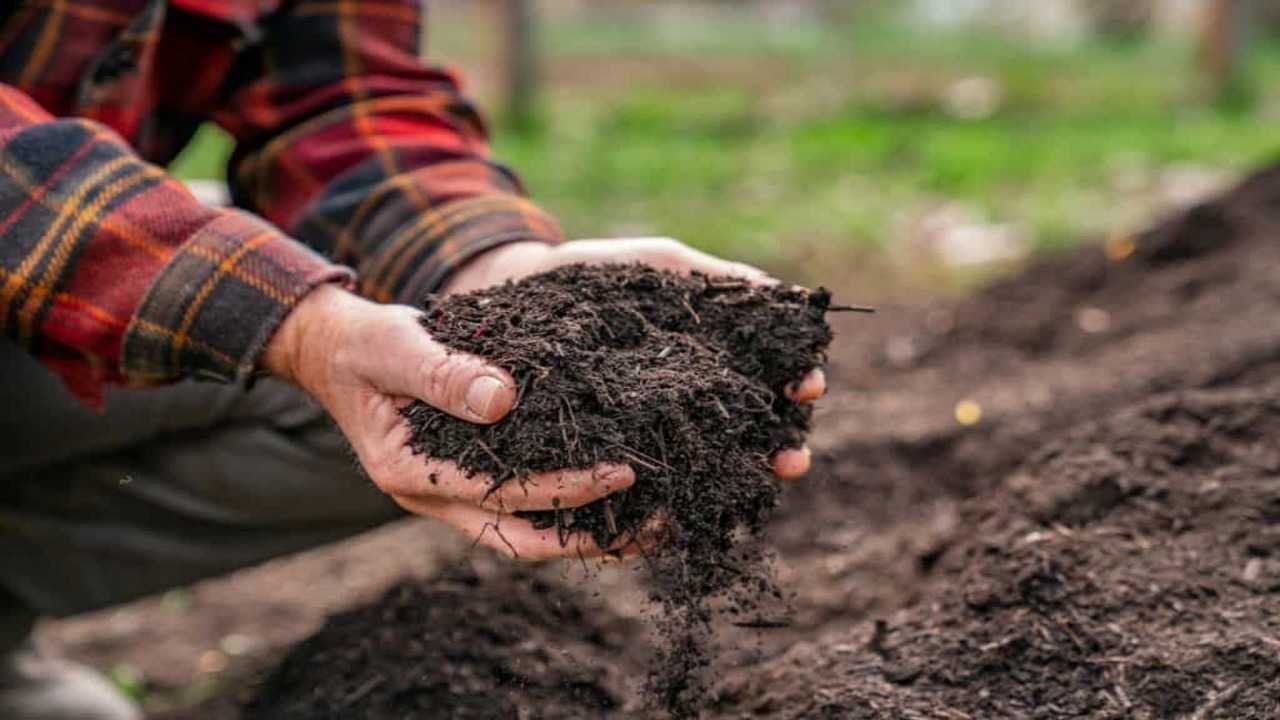
Choosing the right time to add compost to the soil is essential for maximizing its benefits and promoting healthy plant growth. The ideal time for compost application is during the pre-planting or pre-sowing phase. This allows the compost to break down and release its nutrients, enriching the soil before the growing season begins. Applying compost too close to planting may lead to a nitrogen tie-up, potentially depriving young plants of this essential nutrient.
Additionally, consider the weather conditions. It is best to add compost when the soil is relatively moist but not waterlogged. This ensures proper incorporation and distribution of nutrients throughout the soil profile. Avoid applying compost during heavy rainfall or dry spells, as nutrients may be lost through leaching or volatilization.
Compost takes time to decompose and integrate with the soil, so plan ahead and apply it a few weeks before planting to reap its full benefits, ultimately leading to healthier and more productive plants.
Clear The Area
Clearing the area and adding compost to the soil is crucial for improving soil fertility and promoting healthy plant growth. Firstly, the area must be cleared of any weeds, debris, and rocks to create a clean and workable space. Next, incorporating compost into the soil enhances its structure, water retention, and nutrient content.
Compost, rich in organic matter, introduces beneficial microorganisms that aid in nutrient breakdown and plant availability. This helps maintain a balanced soil ecosystem. Additionally, compost enhances aeration, reducing the risk of soil compaction and improving root penetration. As a result, plants can access nutrients more effectively and develop stronger root systems.
This practice also reduces the need for synthetic fertilizers, lowering the environmental impact and promoting sustainable gardening practices. Regularly replenishing the soil with compost supports long-term soil health, ensuring bountiful harvests and fostering an overall thriving ecosystem.
Spread The Compost
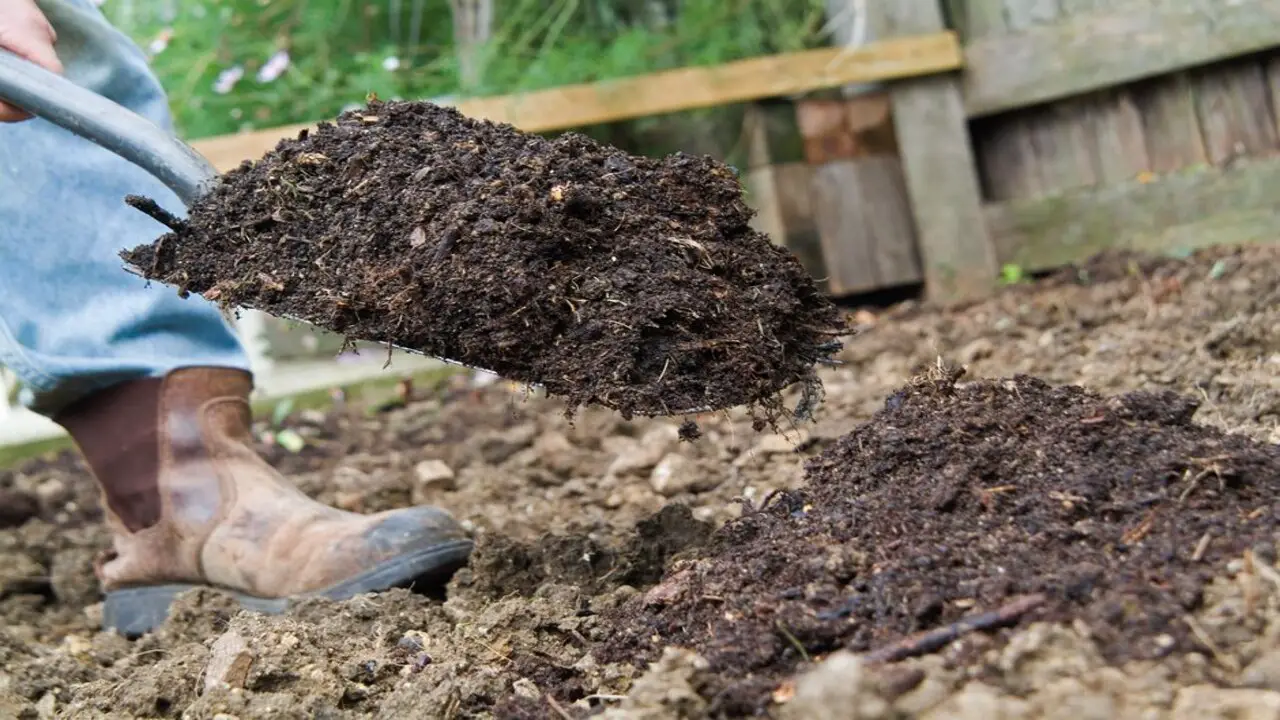
Spreading the compost is a crucial step in enhancing soil health and fertility. Compost, derived from organic matter like kitchen scraps, yard waste, and manure, is a nutrient-rich soil amendment. Compost improves its structure, water retention, and aeration when added to the soil, promoting healthier root development and better plant growth. Spreading compost involves evenly distributing it over the planting area, whether a garden, flowerbed, or vegetable patch.
By doing so, the compost gradually releases its nutrients, supporting the growth of beneficial microorganisms, further breaking down organic matter and releasing nutrients for plants to absorb. Moreover, compost helps reduce soil erosion and mitigate the effects of extreme weather conditions. Embracing compost as a sustainable soil-building practice fosters a thriving ecosystem and contributes to greener, healthier environments.
Mix It In
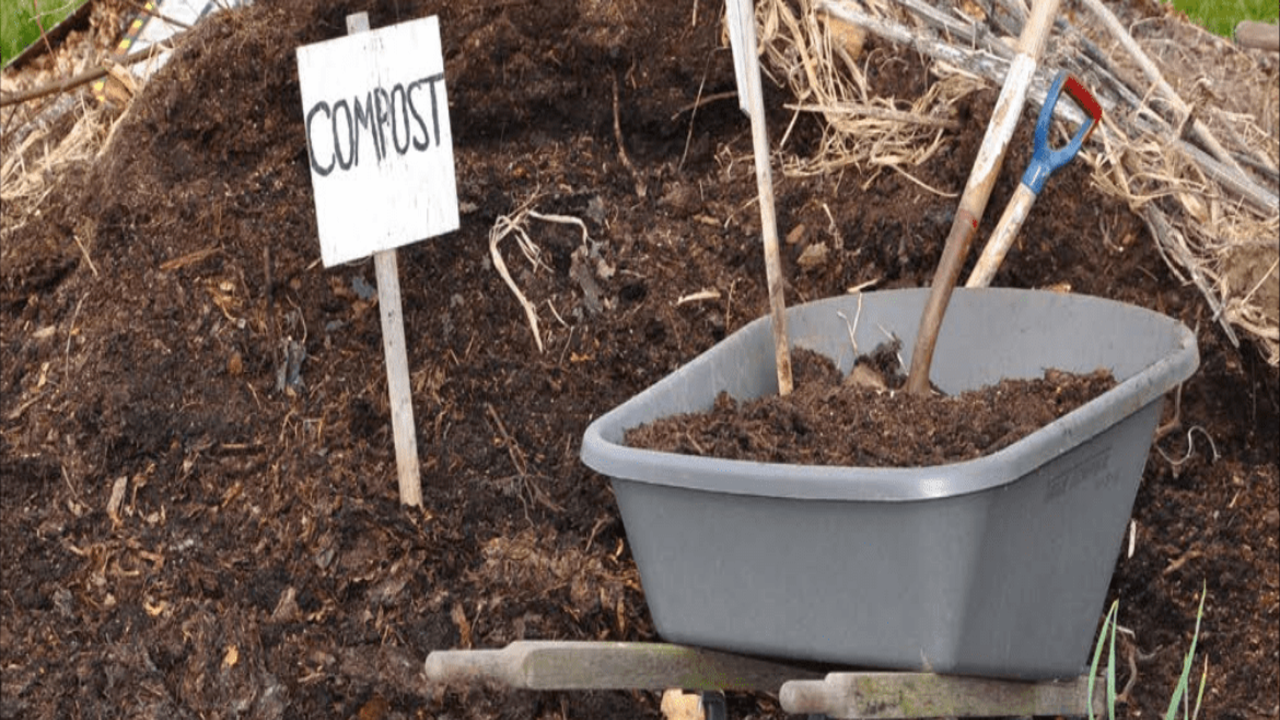
Mixing compost into the soil is a highly beneficial practice that enhances soil fertility, structure, and overall health. Compost, a nutrient-rich organic matter created from decomposed kitchen scraps, yard waste, and other biodegradable materials, acts as a natural fertilizer.
When incorporated into the soil, compost improves water retention, aeration, and drainage, reducing the risk of soil erosion and enhancing root development. The added organic matter encourages beneficial microbial activity, promoting plant nutrient availability and suppressing harmful pathogens.
Furthermore, compost aids in balancing soil pH levels and mitigates the adverse effects of certain soil contaminants. Its ability to sequester carbon contributes to combating climate change. Using compost, gardeners and farmers can reduce their reliance on synthetic fertilizers, thereby minimizing environmental pollution and supporting sustainable agricultural practices. Mixing compost into the soil fosters a thriving ecosystem that nurtures healthy plant growth and long-term ecological balance.
Level The Soil
Levelling the soil and incorporating compost is essential for improving soil quality and promoting healthy plant growth. First, the soil must be leveled to ensure uniform distribution of water and nutrients, preventing waterlogging or dry spots. Levelling also facilitates ease of cultivation and reduces erosion risks.
Compost, a nutrient-rich organic material, is then mixed with the soil. Compost enhances soil structure, promoting aeration and drainage and enhancing water retention capacity. It acts as a slow-release fertilizer, providing essential nutrients to plants over time. Additionally, compost fosters a diverse microbial community, which aids in breaking down organic matter and making nutrients more accessible to plants.
The combined benefits of levelling and incorporating compost lead to improved soil fertility, increased crop yields, and reduced reliance on chemical fertilizers. Moreover, healthy soil promotes environmental sustainability and contributes to biodiversity conservation. Emphasizing these practices is vital for sustainable agriculture and long-term food security.
Water The Area
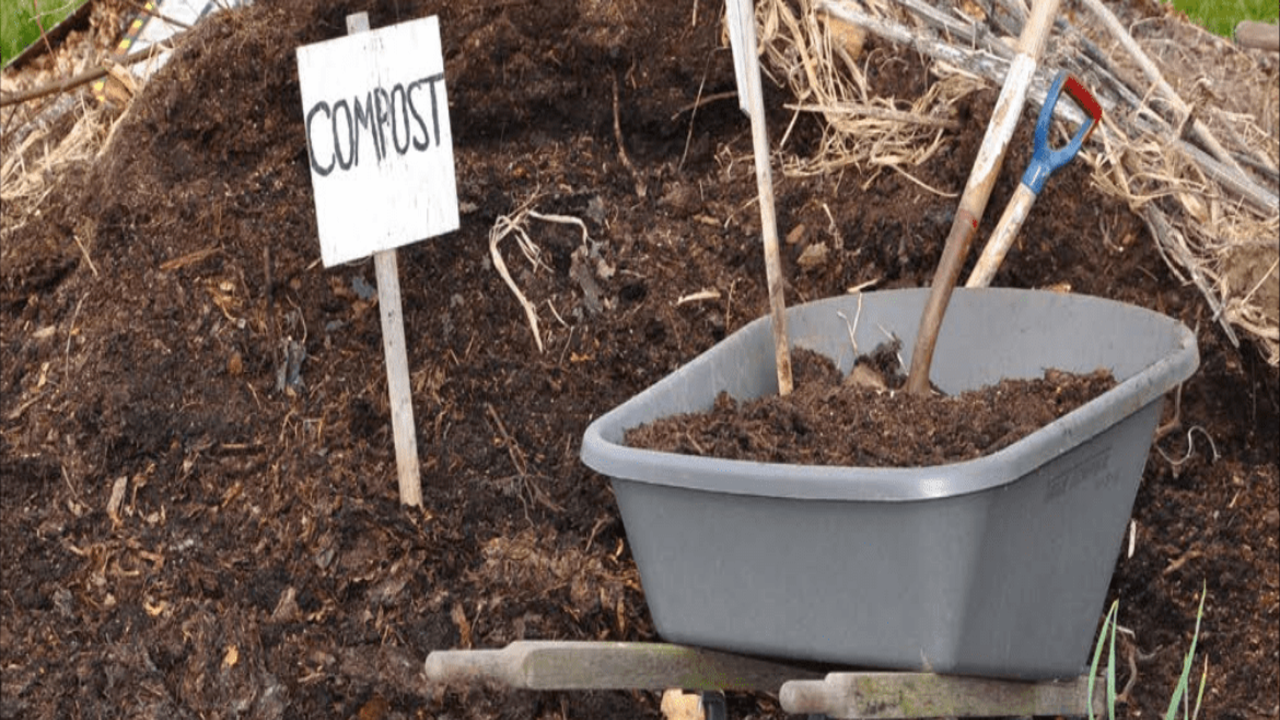
Watering the composted area helps to convert compost into soil. Composting is a natural process where organic waste decomposes, transforming into nutrient-rich compost. Water is crucial in this transformation by facilitating microbial activity and decomposition. Adequate moisture is necessary for microorganisms to break down the compost materials, creating humus, a stable organic matter that enriches the soil.
Regular watering ensures that the composting process remains active and effective. It prevents the compost from drying out and promotes the proliferation of beneficial bacteria and fungi, accelerating decomposition. Additionally, water helps absorb and distribute essential nutrients from the compost into the surrounding soil, enhancing its fertility and structure.
Properly composted soil retains moisture better, reduces erosion, and provides a suitable environment for plants to thrive. Regular watering and appropriate composting techniques ultimately contribute to healthier and more sustainable gardening and agriculture practices.
Mulch The Area
Mulching is a practice that involves covering the soil with organic materials, such as compost, to enhance its fertility and overall health. When using compost as mulch, several benefits arise. Firstly, compost enriches the soil with vital nutrients, improving its structure and promoting better plant growth. It acts as a natural fertilizer, supplying essential elements for the plant’s development and reducing the need for synthetic chemicals.
Furthermore, compost mulch helps retain moisture in the soil, preventing water evaporation and conserving water resources, especially in dry climates. This moisture retention also contributes to better drought resistance for plants. Additionally, the mulch acts as a protective barrier, reducing weed growth and preventing soil erosion by minimizing the impact of rainwater on the soil surface.
Allow Time To Work
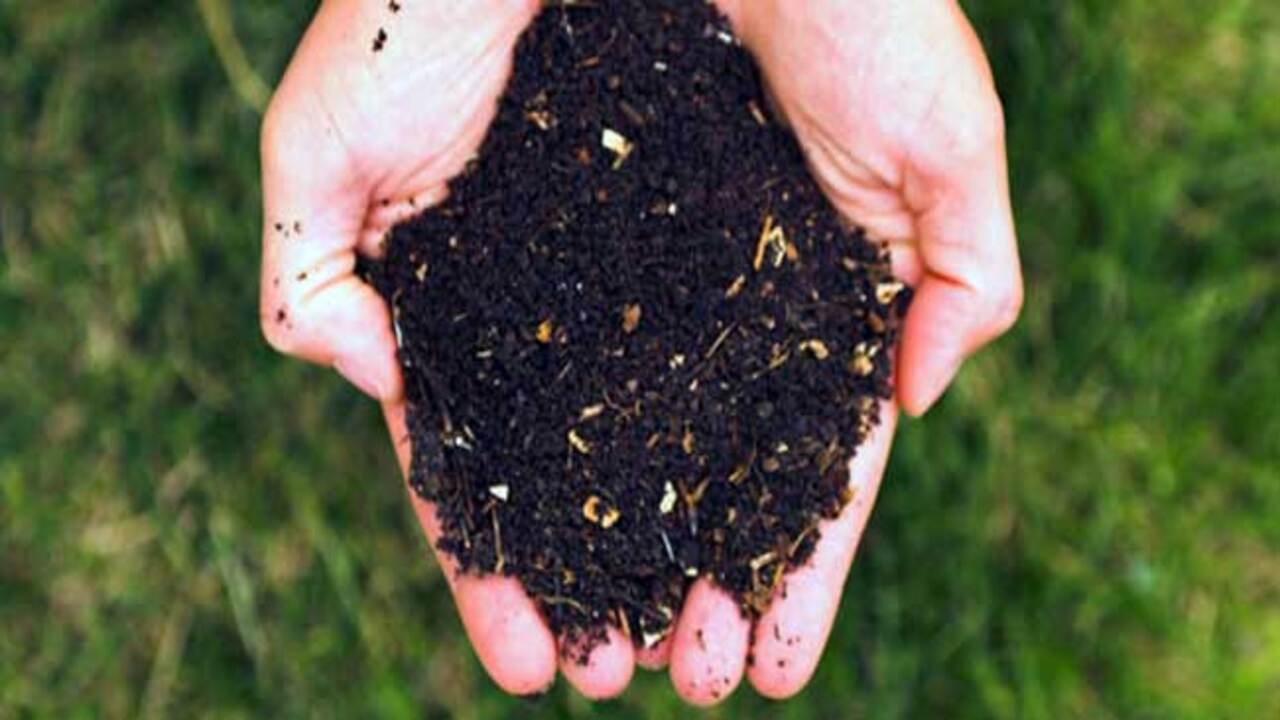
Allowing time for compost to work into the soil is crucial for maximizing its benefits. Composting is a natural process that transforms organic waste into nutrient-rich humus, providing essential elements for plant growth. When incorporated into the soil, compost improves its structure, water-holding capacity, and aeration, making it more conducive to plant roots’ development.
Compost should be given adequate time to break down fully for optimal results. This period varies depending on the composting method, materials used, and environmental conditions. Typically, it takes several months to a year for compost to mature. During this period, microorganisms, earthworms, and other soil organisms break down the organic matter, converting it into a stable, nutrient-dense form.
Gradually allowing the compost to work into the soil makes its nutrients available to plants over an extended period. This helps sustain healthier plant growth, enhance soil biodiversity, and reduce the need for synthetic fertilizers, promoting more sustainable and environmentally friendly gardening and agriculture practices. Patience with composting pays off in the form of healthier, thriving plants and improved soil quality.
Conclusion
Now that you know how to add compost to the soil, it’s time to get your hands dirty. Don’t let your soil go to waste – give it the boost it needs with a little compost. By following these simple steps, you’ll have rich, healthy soil and ready-to-grow vibrant plants that will make your garden the envy of the neigh bookhood.
You can purchase compost or make your own by collecting organic material such as leaves, grass clippings, weeds, kitchen scraps, and manure. Adding compost to soil once you have collected or purchased it. Mix a thin material layer over the soil surface with a spade or other appropriate tool. So, start composting today and watch your garden flourish. Remember, there’s no such thing as too much compost.
FAQs
[rank_math_rich_snippet id=”s-d5b8a7c4-8856-402d-8b3a-de0b3e6b8712″]

I am passionate about home engineering. I specialize in designing, installing, and maintaining heating, ventilation, and air conditioning systems. My goal is to help people stay comfortable in their homes all year long.






